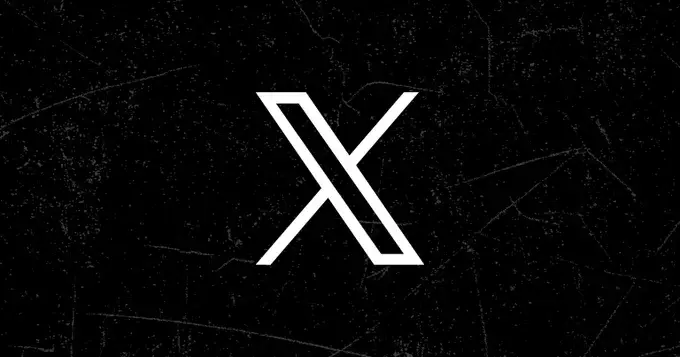In the ever-evolving landscape of technology and digital platforms, the European Commission’s recent ruling regarding Elon Musk’s X (formerly Twitter) marks a pivotal moment. The Commission determined that X does not fulfill the criteria to be categorized as a “gatekeeper” platform under the EU’s Digital Markets Act (DMA). For many, this decision might initially appear advantageous for Musk and his team. However, a closer examination reveals that this ruling may not be the win they are portraying it to be.
The Digital Markets Act targets major tech platforms with a set of stringent operational obligations designed to foster market competition. Gatekeepers are required to permit interoperability with third-party services and provide access to user data and ad performance metrics. The intention behind these regulations is clear: they aim to dismantle the monopolistic behaviors of dominant platforms, ensuring that smaller competitors can thrive without being unfairly disadvantaged.
The crux of the Commission’s decision lies in its analysis of X’s market power. To qualify as a “gatekeeper,” a platform must significantly impact the internal market, provide essential access for businesses to reach consumers, and maintain a durable market position. The investigation concluded that X does not meet these criteria, suggesting that EU officials see the platform as lacking influence within the European market.
This conclusion is underscored by X’s declining user engagement; the platform has reportedly lost around 12 million users since August 2023, bringing its total to 105 million monthly active users in Europe. This drop in usage raises pivotal questions about X’s relevance compared to its competitors. For context, Meta boasts 250 million monthly active users in the EU, while TikTok has amassed 142 million. Such numbers illustrate that X is currently in a league of its own, but significantly behind other platforms in terms of user engagement and cultural impact.
Elon Musk and his supporters have been quick to label this ruling as a triumph for innovation and free speech, framing it as a victory against “overreaching bureaucracy.” This narrative presents a paradox: while Musk positions himself as a champion of free expression, the reality is that this lack of regulatory oversight stems from X’s diminishing stature in the tech sphere. Instead of presenting this outcome as a testament to its market dominance, it may be more rational to interpret it as an indication of its declining influence.
It’s quite curious how Musk’s brand of rhetoric often tends to overshadow the objective realities surrounding his ventures. In his pursuit of less regulation and more autonomous operational freedom for X, there lies an implicit acknowledgment of the platform’s waning importance. This becomes glaringly apparent when considering the implications of the ruling; not having to adhere to stringent EU regulations might be viewed as a reprieve, but it also reinforces the notion that X lacks the market clout necessary to warrant such scrutiny in the first place.
The broader implication of the European Commission’s ruling could be detrimental to X’s long-term prospects. By avoiding the added burden of stringent regulations, there is a risk that the platform will become increasingly insular and less innovative. Without the competitive pressures that come with being classified as a gatekeeper, there might be a diminishing incentive for X to improve its services or enhance user experience.
Moreover, as competition becomes fierce with rising platforms like TikTok and established giants like Meta, X may struggle to reclaim a place of relevance. The EU decision, while seemingly favorable in the short term, could ultimately lead to a stagnation that curtails growth and innovation, potentially sealing X’s fate in the crowded landscape of social media.
While Elon Musk may herald the recent decision from the European Commission as a victory for innovation, a deeper dive into the ramifications suggests the opposite. X is not being classified as a gatekeeper because it lacks the impact and influence necessary to qualify. Rather than a win, this may represent a harbinger of stagnation for the platform, reaffirming its struggle in a competitive digital marketplace. The truth, as it often does, may be more nuanced than the narratives we choose to believe.


Leave a Reply